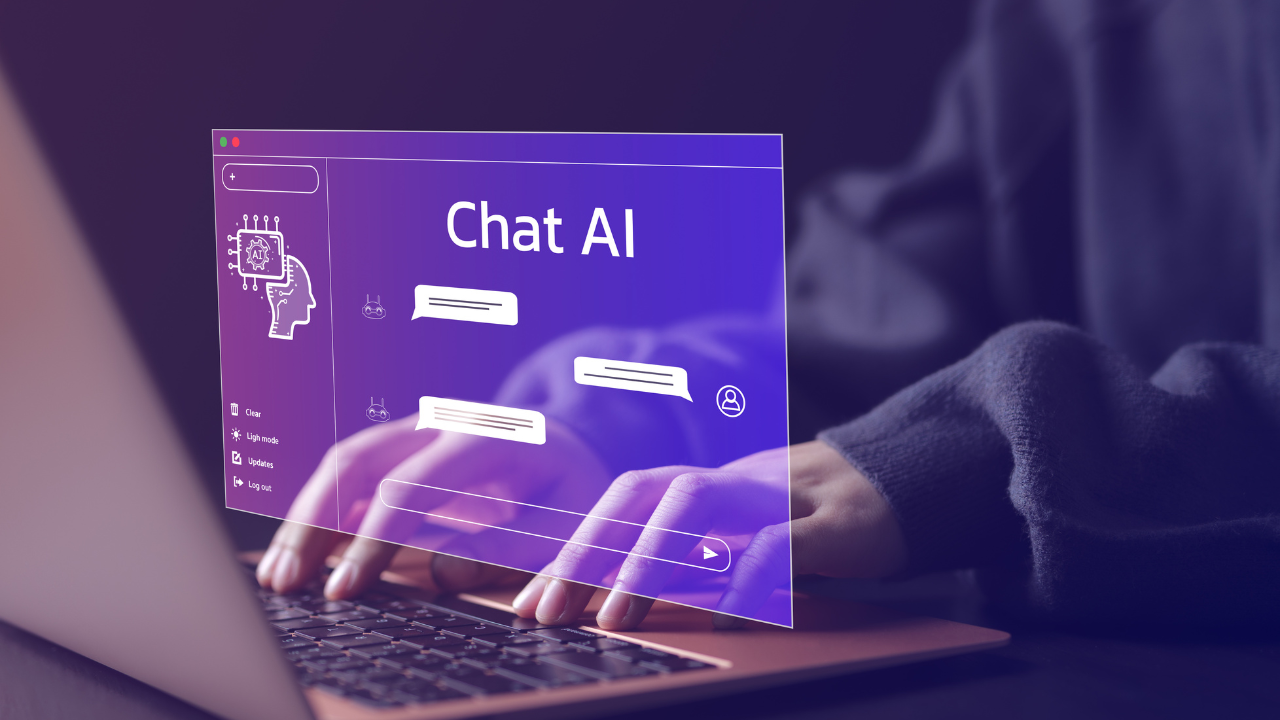Best ways to use AI at workplace: Master ChatGPT, Bing AI and many more
Artificial intelligence (AI) has emerged as a force across diverse industries in the ever-evolving face of technology. Contrary to widespread fears of AI replacing human professionals, these applications serve as invaluable complements, enhancing overall efficiency in the workplace. This guide explores nine actionable ways to leverage AI across different sectors, emphasizing its practical applications in legal departments, IT offices, and other professional settings.
Bing AI, ChatGPT, and Google Bard
Bing AI, ChatGPT, and Google Bard have become indispensable tools in the modern workplace, revolutionizing productivity, collaboration, and decision-making dynamics. With its advanced search capabilities, Bing AI streamlines information retrieval, enabling professionals to access relevant data swiftly and make informed decisions.
ChatGPT, developed by OpenAI, enhances workplace communication by providing a natural language interface and facilitating seamless interactions in team collaborations, customer support, and other domains. With its suite of intelligent applications, Google Bard optimizes workflows through features like smart scheduling in Google Calendar and personalized email prioritization in Gmail. These AI technologies collectively contribute to increased efficiency, allowing employees to focus on complex, strategic tasks while automating routine processes.
Moreover, they empower organizations to harness the power of data for insights, fostering innovation and agility in today’s fast-paced business environment. Integrating Bing AI, ChatGPT, and Google Bard highlights their effectiveness in driving positive outcomes and transformative changes within the workplace.
Let’s explore more ways to use and benefit from AI professionally.
- Content Creation with AI: AI, exemplified by ChatGPT, extends beyond mere conversation to become a powerful tool for content creation. Legal professionals can benefit by delegating tasks like meeting client demands, document organization, and internal communication to AI applications, ultimately saving time and improving resource management.
- Efficient Research with AI: AI tools like AOMNI streamline extensive research processes in legal departments. By employing informative retrieval AI technology, these applications swiftly gather, extract, and process online data, enabling legal professionals to access trustworthy sources efficiently and focus on more active content creation tasks.
- Streamlining Writing Processes: AI applications such as Notion AI facilitate the creation of outlines and rough drafts, easing the often tedious process of content creation. Moreover, tools like Jasper use AI capabilities to produce long-form content, maintaining a consistent brand voice for marketing, promotions, and interdepartmental communications.
- Facilitating Translation: Accurate translation is vital in legal settings. AI tools like Google Translate, DeepL, and Alexa Translations offer quick and reliable translations for documents, emails, and professional communications, reducing the risk of errors that could lead to lost cases or missed deadlines.
- Enhanced Enterprise Content Management: AI applications like Box Skills use advanced machine learning to organize raw data efficiently within an office. By extracting sophisticated insights, these tools contribute to developing comprehensive and effective enterprise content management plans.
- AI in Administrative Work: AI applications have revolutionized administrative tasks, providing tools to handle email writing, inputting invoices, taking meeting notes, and managing schedules. Rather than replacing administrative professionals, AI tools empower them to manage their work more efficiently.
- Time-Optimized Email Writing: AI-driven features like Smart Compose in Gmail and writing assistance from Grammarly enhance email writing efficiency. By suggesting the following words or phrases, these tools allow professionals to compose emails more quickly, minimizing the time spent on routine communication.
- Automated Invoice Creation: AI applications like AdvoLogix’s Caster automate invoice creation using cloud-based machine learning. This minimizes the manual data entry in creating invoices, allowing legal professionals to generate accurate invoices quickly and efficiently.
- Effective Sales Strategies with AI: AI applications contribute to sales processes by automating outreach, generating blog and social media post ideas, providing analytics tools for social media outreach, creating keyword-oriented content, and utilizing AI-driven Customer Relationship Management (CRM) software.
- AI in Human Resources Practices: AI tools enhance human resources practices by facilitating talent acquisition through resume review and candidate match programs like Skillate and Psymetrics. These tools organize incoming resumes and streamline the hiring process, making it more cost-effective.
- AI in Software Development: IT departments benefit from AI applications like GitHub Copilot, Tabnine, and Mintlify, which generate and debug code using machine-learning technologies. These tools automate aspects of software development, improving efficiency in managing complex code and applications.
- AI for Visual Design: AI-driven image-generation programs like DALL-E, MidJourney, and Adobe Sensei allow companies to create visually engaging images for marketing, sales, and communication without requiring skilled visual designers.
- AI for Entrepreneurship: Entrepreneurs leverage AI tools for efficient shopping by identifying the best prices for real estate, equipment, and raw materials. AI chatbots aid in customer engagement, while AI-driven CRM software like Salesforce Einstein and Zoho CRM enhances client relationships.
- AI in Customer Service: AI applications like Forethought and Intercom improve customer service response times by automating engagement and ticket organization. This reduces workload and allows human professionals to address core customer service issues more effectively.
Final Thought
As AI evolves, its practical applications in various work environments become increasingly evident. By embracing these tools, professionals can enhance productivity, streamline processes, and unlock new possibilities in their fields. As we navigate the AI-driven future, understanding and harnessing the potential of these technologies will be crucial for achieving success in the workplace.

